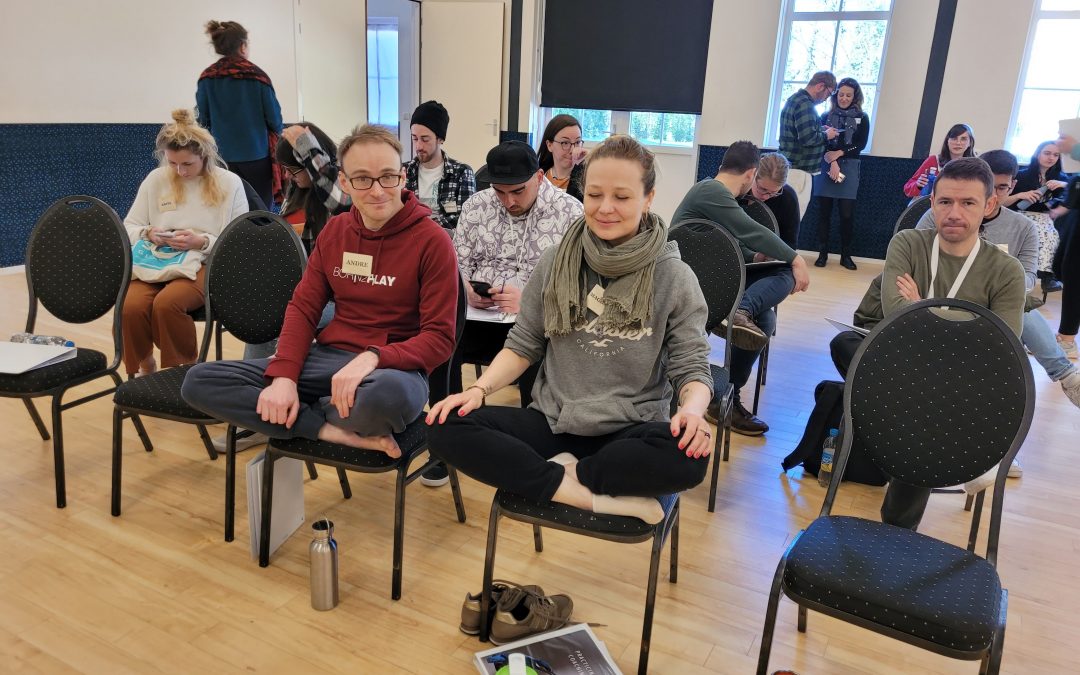For me, the additional value was working in such a large group after 2 years of lockdown and remote work. Even more than before, I saw value in how we influence each other, and how talking and being with another person can have therapeutic value.
Olde Vechte has its own working method “learning by doing” and every participant can experience this from the very first moment after arriving at the site.
During the full-day workshops, our “inconvinient situation” with which we want to work with a coach, was our option to work in pairs or threes.
But in Olde Vechte, we learn everything by doing, so everything (including the training itself) is organized to be inconvinien. Nobody greets us there, you have to find a room yourself, arrange bedding, find a bathroom. Nobody cares if you are commuting in the middle of the night and are there for the first time. Take care of yourself. And it turns out that everyone is doing it very well.
Then, on the first day of training, participants learn about the duties of cleaning common spaces, dining rooms, kitchens, bathrooms, corridors and spaces around the building.
For the first time in my life during a training trip (!) I was put in such a situation. First there was a surprise, and then all the puzzles started to fit together. In addition, the fact that for 8 days for breakfast and lunch there was the same to eat every day … Inconvinient situation was my whole reality, in which I found myself there and it was up to me how I would handle it.
The workshops themselves are conducted in such a way as to first experience – through the body, in a conversation, being in a specific situation, and only then to understand the theory behind it. So the opposite of the traditional learning model, where we get the theory and then there are practical exercises.
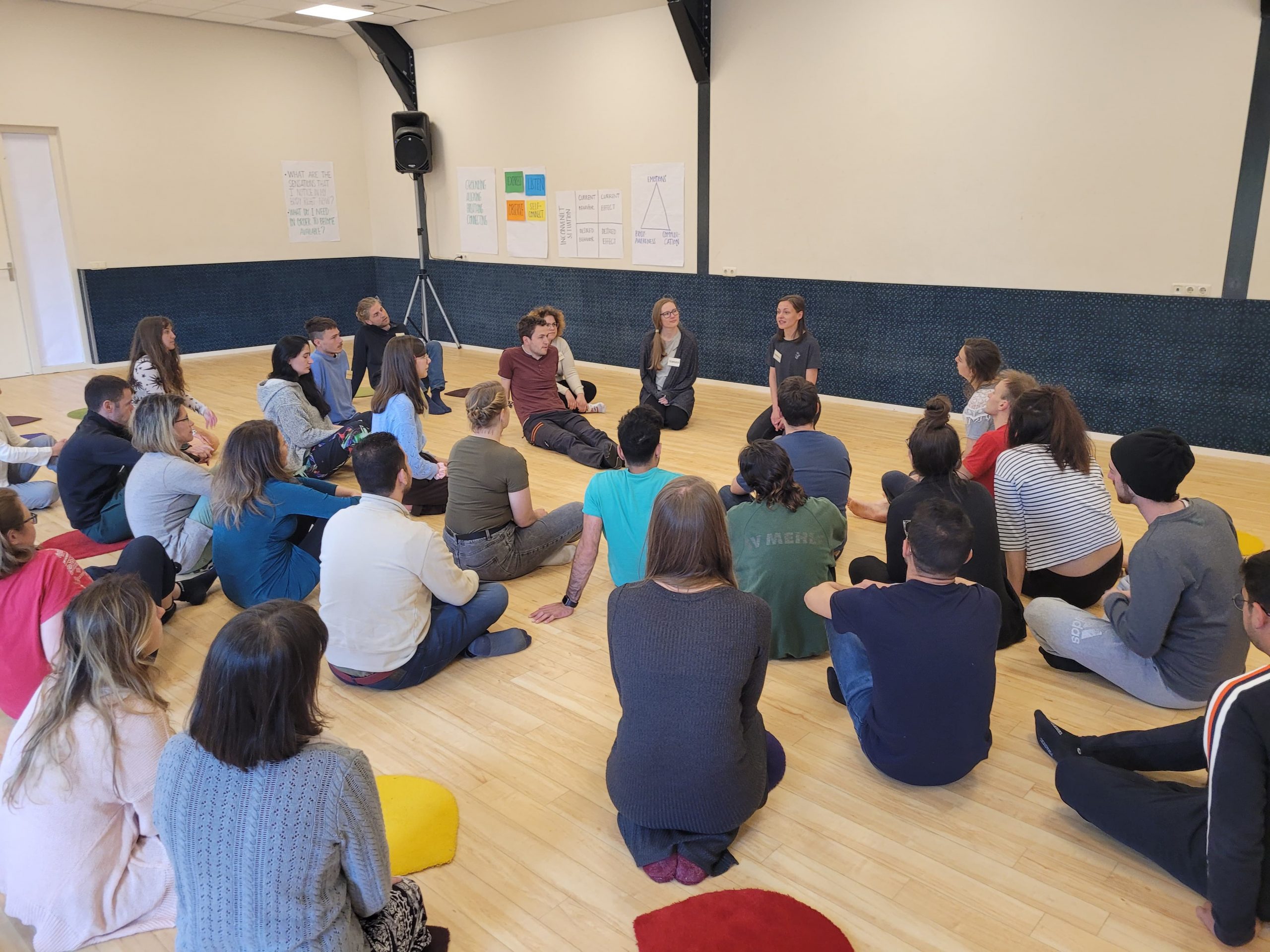
Working with the body and through the body was familiar to me in my professional practice, but thanks to the training I got new tools and a new perspective. How to work through saying “no!”, How to set limits – a verbal message is one thing, but another thing is communicating it through the body.
Another tool that I find very valuable and that I use in my daily work with clients after returning from training is grounding meditation. Both my own right before the session and together with the client when we start working. We all run somewhere, from work to home, from home to therapy / coaching, to shopping or for children to school. And only stopping and grounding gives you an insight into ourrself, into our own body, into who I am and what I want.
An important part of the training was work in 5-person groups called GPS, led by the so-called co-trainers. Twice a day, just before the lunch break and at the very end of the course, we met in the same group from the beginning to share our reflections on the workshop work, and to get support. Whatever happened during the day, we had a safe space to talk about it.
Taking all this into account, I have the impression that every detail of this training is planned by the organizers so that the participants can be of maximum value.
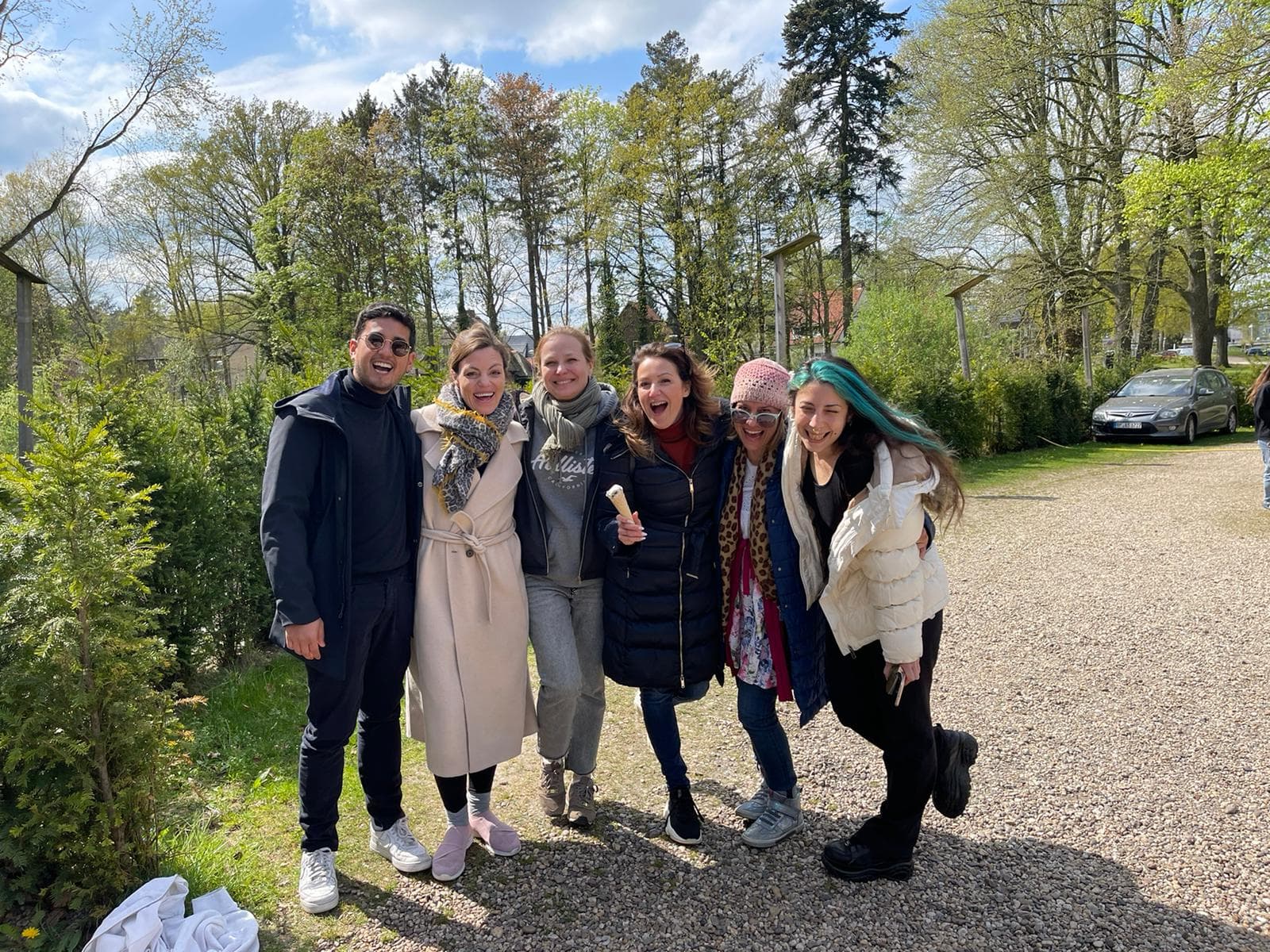
This training, although it seems to be a continuation, is completely different and shows that working in Olde Vechte is not like a template. Thinking that I already knew what I was getting ready for, having already been there for over a week, I was grossly mistaken.
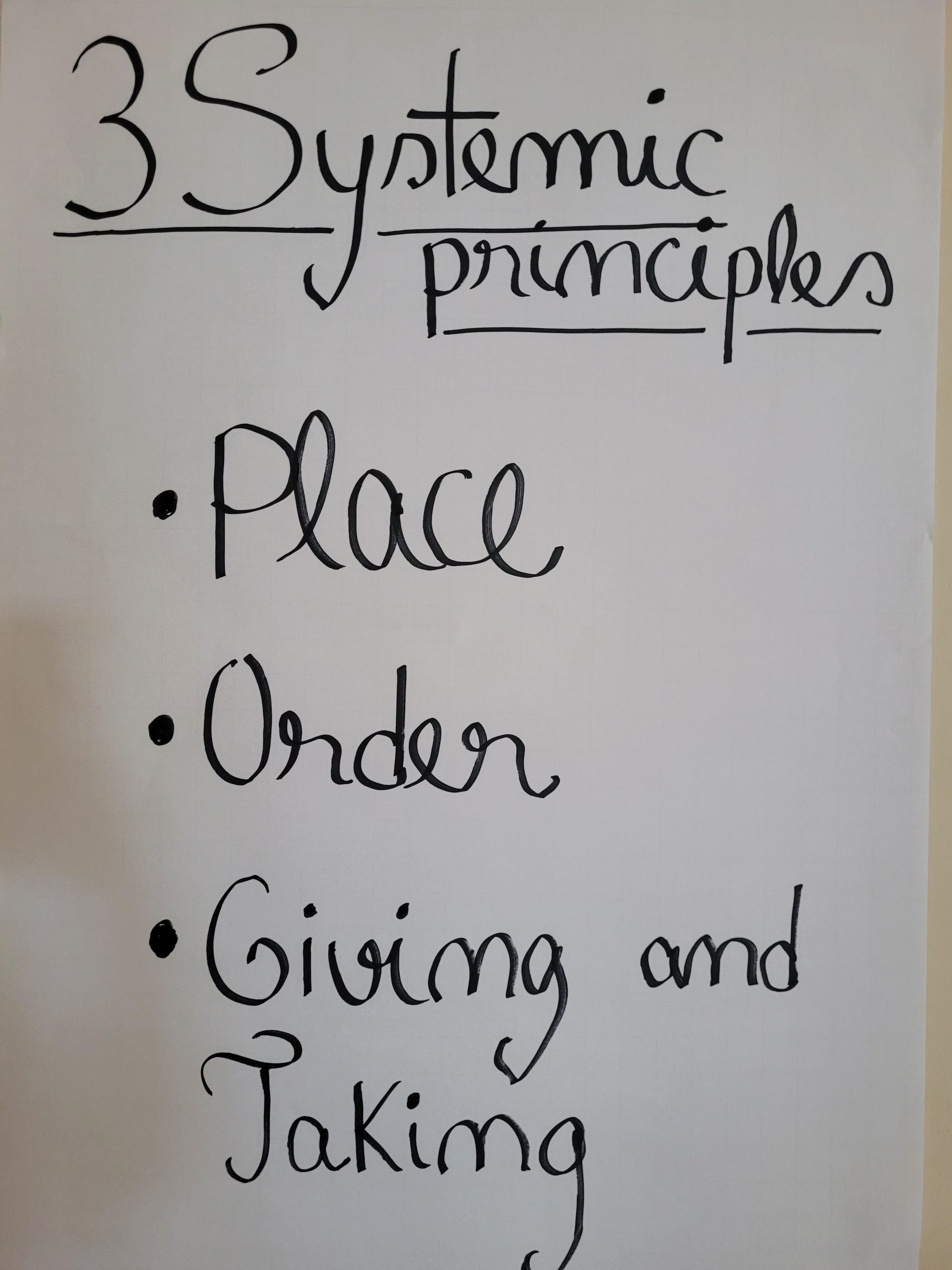
The systemic approach, even though I work with family systems in my everyday practice, turned out to be something new and at times difficult to understand and grasp.
This training has a different formula. There were half as many participants as before. Instead of meetings in GPS groups, there was time for reflection and own work. It was quieter and calmer than during Pracicing Coaching. And the “systemic questions” we were learning to ask were also conducive to this. Questions that often do not arise intuitively when we already have a lot of practice in working with a coaching client. Questions that go deeper to discover who we are in the system, what role we play, what it gives us, what benefits we have from something that we liked to be our problem.
This training was often silent, not only when we were alone by ourselves but also when we were working in groups, there was a lot of silence. The answers did not always come during the training, some only a few weeks / months after returning.
Training in Olde Vechte is for me such a breath of freshness, novelty, something that I do not encounter on a daily basis during various types of training. They give you a deep insight into yourself. And they are run by true enthusiasts, and at the highest level.
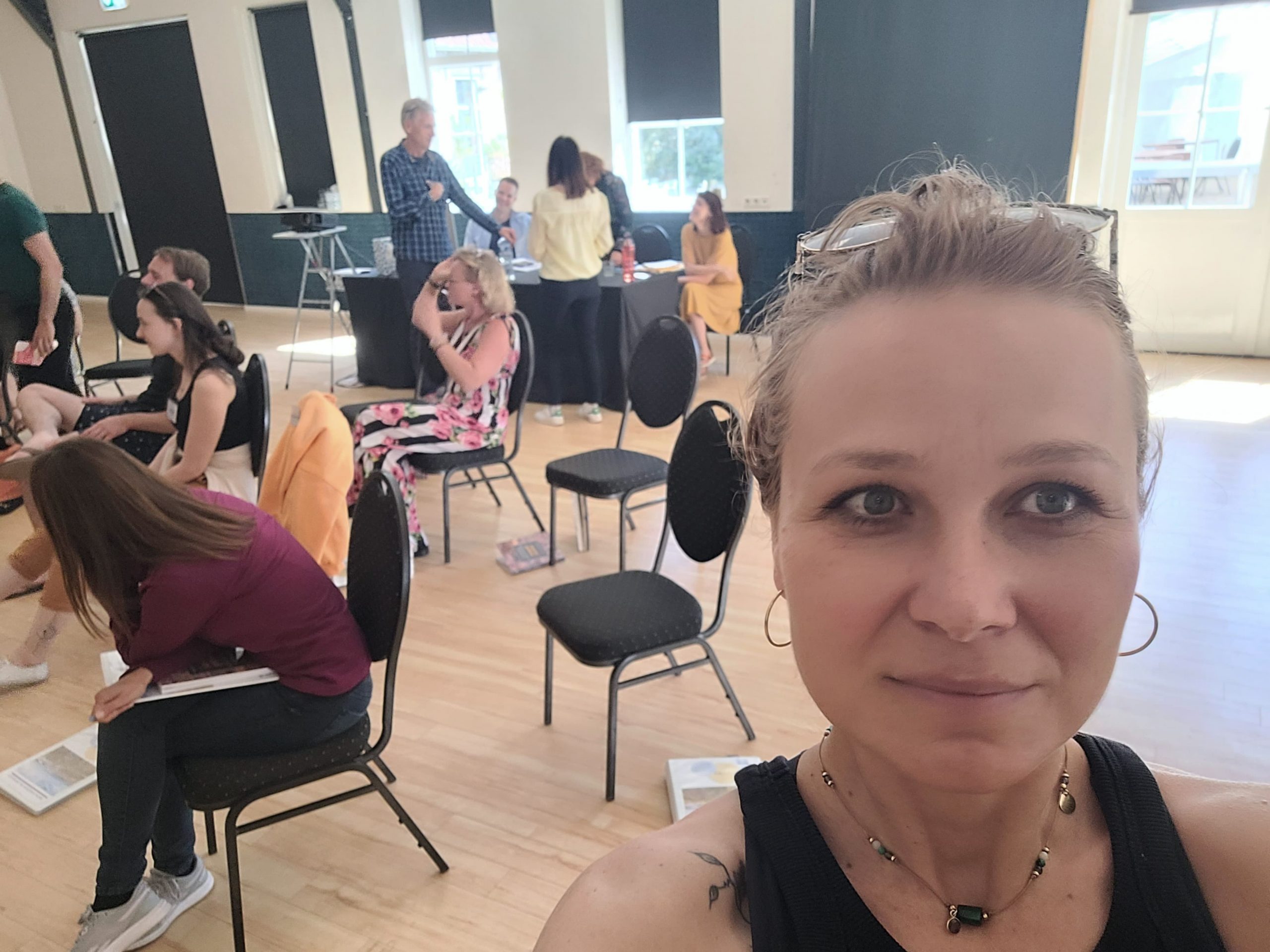
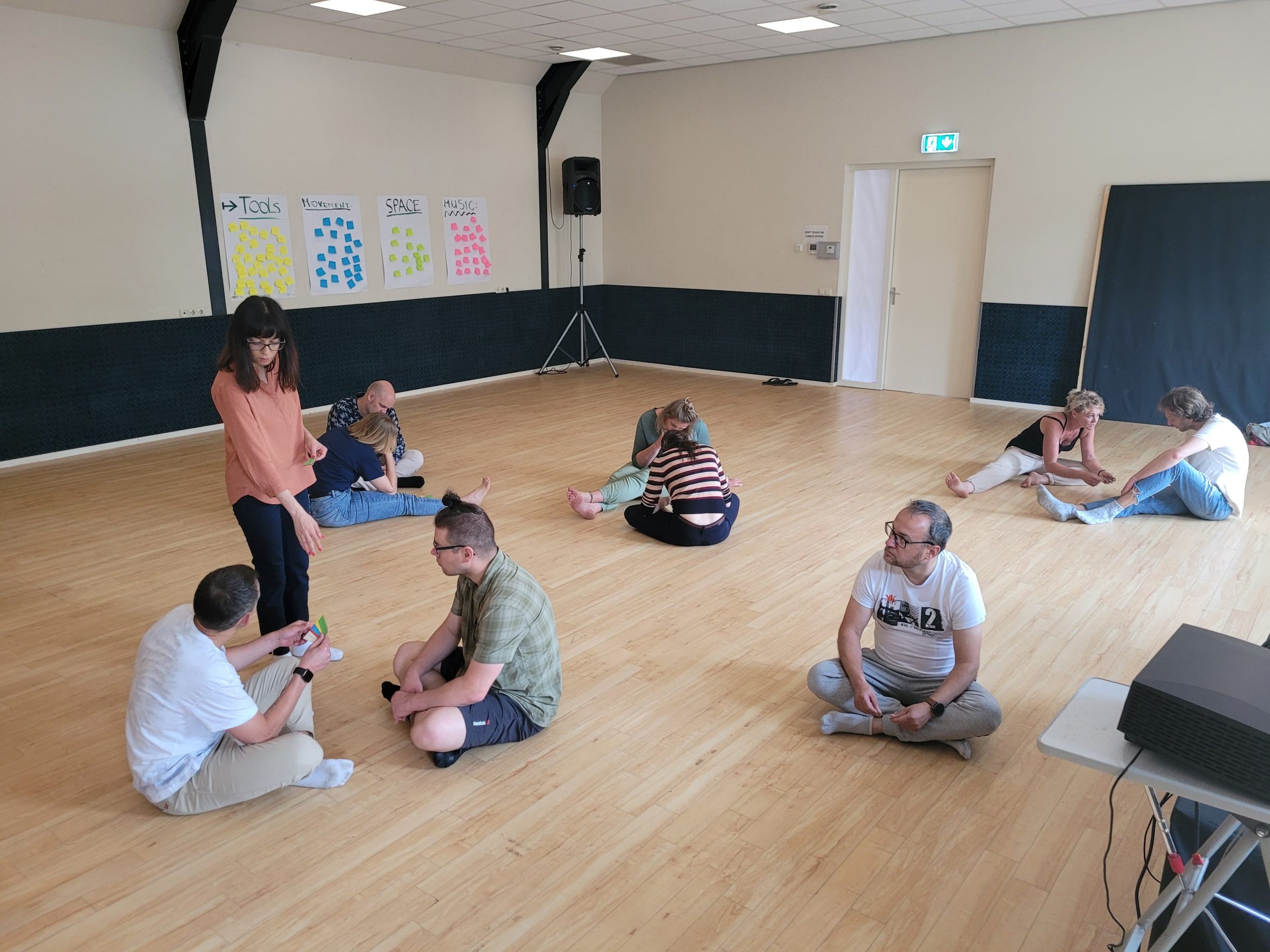
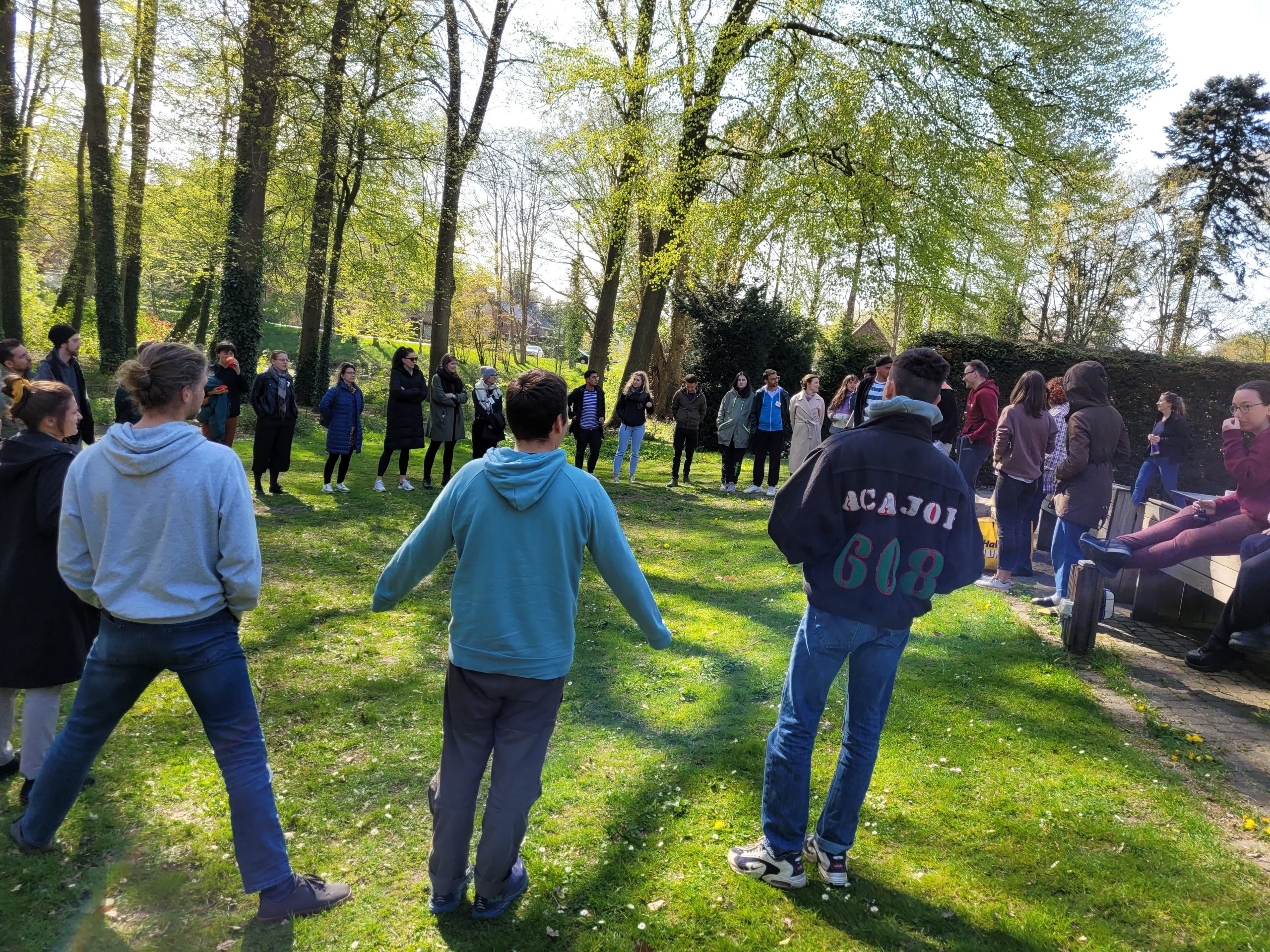
The Beyond workshop, in which Magda participated on April 20-26, 2022 and June 19-24, 2022, was carried out as part of our Wider Horizons project. The project is financed under the Erasmus + program of the European Union.
